Trump, al-Sisi co-chair Gaza peace summit as ceasefire brings mixed scenes of joy and sorrow
Donald Trump and Abdel Fatah al-Sisi co-chair a pivotal summit in Egypt aiming to consolidate peace in Gaza, as a ceasefire agreement sees prisoners released to emotional reunions and deportations, amid declarations of a "new era" in the Middle East.
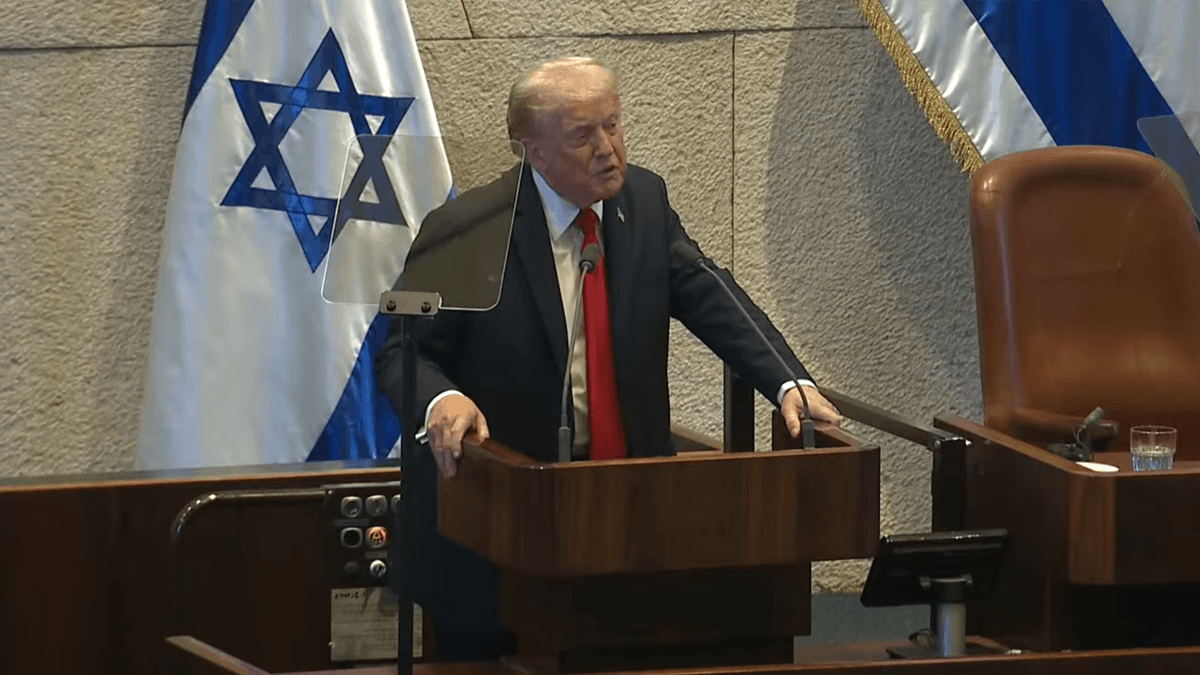
- Donald Trump co-chairs a high-level peace summit with Abdel Fatah al-Sisi in Sharm el-Sheikh, focused on ending the war in Gaza and charting a path to regional stability.
- As part of a ceasefire deal, nearly 2,000 Palestinian prisoners are released, with emotional reunions in Ramallah and deportations to Gaza causing grief for families.
- Trump declares an end to Israel’s war on Gaza, praises US officials for brokering the ceasefire, and expresses desire for a peace deal with Iran and disarmament in Lebanon.
US president Donald Trump is attending a peace summit in Sharm el-Sheikh, Egypt, where he is co-chairing discussions with Egyptian president Abdel Fatah al-Sisi. The summit is focused on ending the war in Gaza and building a foundation for lasting peace and security across the Middle East.
The summit, according to a statement from the Egyptian presidency, seeks “to end the war in the Gaza Strip, enhance efforts to achieve peace and stability in the Middle East, and usher in a new era of regional security and stability”.
Trump was reportedly running late and headed directly to his aircraft to expedite his arrival at the summit. The event has drawn a significant international presence, including UN secretary general António Guterres, British prime minister Keir Starmer, Italian prime minister Giorgia Meloni, Spanish prime minister Pedro Sánchez, Turkish president Recep Tayyip Erdoğan, and French president Emmanuel Macron.
While Israeli prime minister Benjamin Netanyahu was invited to attend, his office later announced that he would not join due to the proximity of the summit to a Jewish holiday.
The summit is also expected to assess the implementation of Trump’s 20-point Gaza peace plan, with particular focus on political transitions and reconstruction efforts. Among the points of contention is the potential role of the Palestinian Authority (PA) in Gaza. Trump’s plan leaves room for PA involvement, contingent on reforms. However, Netanyahu has rejected this idea.
PA leader Mahmoud Abbas met separately with Emmanuel Macron during the summit to discuss the ceasefire, aid access to Gaza, and the withdrawal of Israeli forces.
Prisoner releases stir both jubilation and grief
In a parallel development, the ceasefire agreement saw the release of around 2,000 Palestinian detainees by Israel. Of these, 88 were released to the West Bank, while the remainder were deported to the Gaza Strip and, in some cases, to third countries such as Turkey and Egypt.
Scenes in Ramallah were marked by emotional reunions as buses carrying freed prisoners arrived. Crowds greeted the returning detainees with cheers and keffiyehs, and families rushed to embrace their loved ones.
One such returnee, Saber Masalma, a Fatah member imprisoned since 2002, was overcome with emotion as he met his family after 24 years. His physical condition had visibly deteriorated during incarceration. A relative commented, “He looks like a dead body. But we will bring him back to life.”
However, not all families experienced joy. Some who had expected their relatives to be among those released were left in anguish after discovering they had been deported to Gaza. Since travel between the West Bank and Gaza is heavily restricted, families fear they may never see their loved ones again.
One woman collapsed upon realising her son was not among the returnees, screaming, “Why are they deporting him?” before being escorted away by security.
According to the Palestinian Prisoners’ Commission, a significant number of prisoners were removed from buses at the last minute and diverted to Gaza. Hamas’s director of the Palestinian Prisoners’ Media Office told Al Jazeera that more than 150 former prisoners are being deported to countries outside the Palestinian territories.
Meanwhile, Israel received the return of all 20 surviving hostages, released by Palestinian groups as part of the same ceasefire agreement. Emotional scenes unfolded at the Re’im military facility in southern Israel, where the freed individuals were reunited with their families after nearly two years in captivity. They are undergoing initial medical evaluations and will be transferred to hospitals for further care.
The release brings the total number of survivors returned under the ceasefire deal to 27, following a smaller group freed earlier. However, 28 hostages who are presumed dead remain in Gaza.
Among those still held are both civilians and soldiers. The group includes one woman, who was kidnapped during the 7 October 2023 attacks and later declared killed in captivity. Thirteen of the deceased hostages were killed on the day of the attacks and their bodies taken to Gaza. Others are believed to have died during captivity or in earlier conflicts.
Only four bodies are expected to be returned as part of the current agreement. This has prompted criticism from families and advocacy groups, who have accused Hamas of breaching the ceasefire terms. Some believe Hamas may no longer have access to all the remains, further complicating the return process.
Israeli authorities have not confirmed whether additional bodies will be released at a later date.
Trump declares 'end of war' and seeks broader peace
During a speech at the Israeli Knesset, Trump declared the ceasefire marks “the end of a painful nightmare” for Israel, which had been at war with Hamas since 7 October, 2023. According to the Gaza health ministry, at least 67,869 Palestinians have been killed and over 170,000 injured since the start of the conflict. The majority of victims were civilians, including women and children.
“The long and painful nightmare is finally over,” Trump said, adding, “This is not only the end of a war. This is the end of the age of terror and death and the beginning of the age of faith and hope and of God.”
He praised Israeli prime minister Netanyahu as “not the easiest guy to deal with, but that’s what makes him great”, and recognised the role of his own administration in achieving the ceasefire.
Trump lauded the efforts of US special envoy Steve Witkoff, his son-in-law Jared Kushner, secretary of state Marco Rubio, and secretary of war Pete Hegseth. He attributed the peace deal and hostage returns to their efforts.
He also claimed that 20 surviving hostages are returning home, along with the remains of 28 deceased hostages.
Regional outlook and further US ambitions
Trump expressed a desire for a peace deal with Iran, despite the recent brief war in which the US and Israel jointly struck Iranian nuclear facilities. “Wouldn’t it be nice?” he said, suggesting that Iran “wants to” make peace.
On Lebanon, Trump declared Hezbollah’s capabilities “totally shattered” and voiced support for Lebanon’s president’s efforts to disarm the group. This comes as Israel continues military actions in southern Lebanon, despite a 2024 ceasefire agreement.
The UN human rights chief, Volker Türk, recently urged renewed efforts to stabilise Lebanon, noting that over 100 civilians have been killed since the ceasefire was agreed.

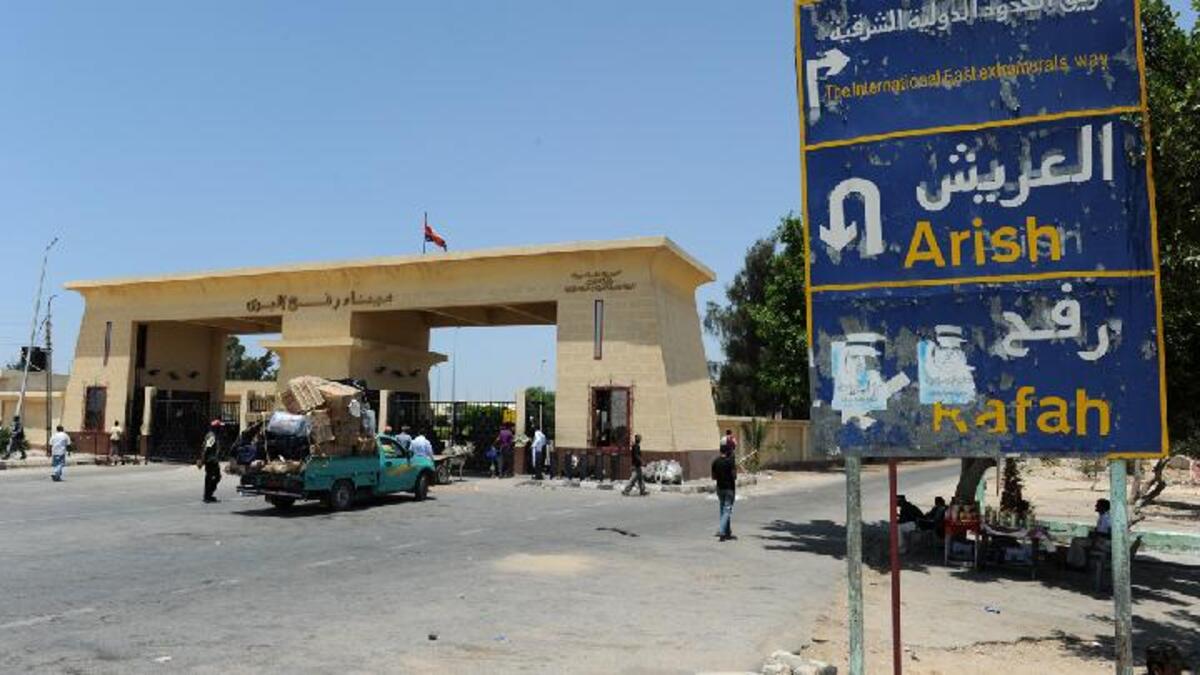
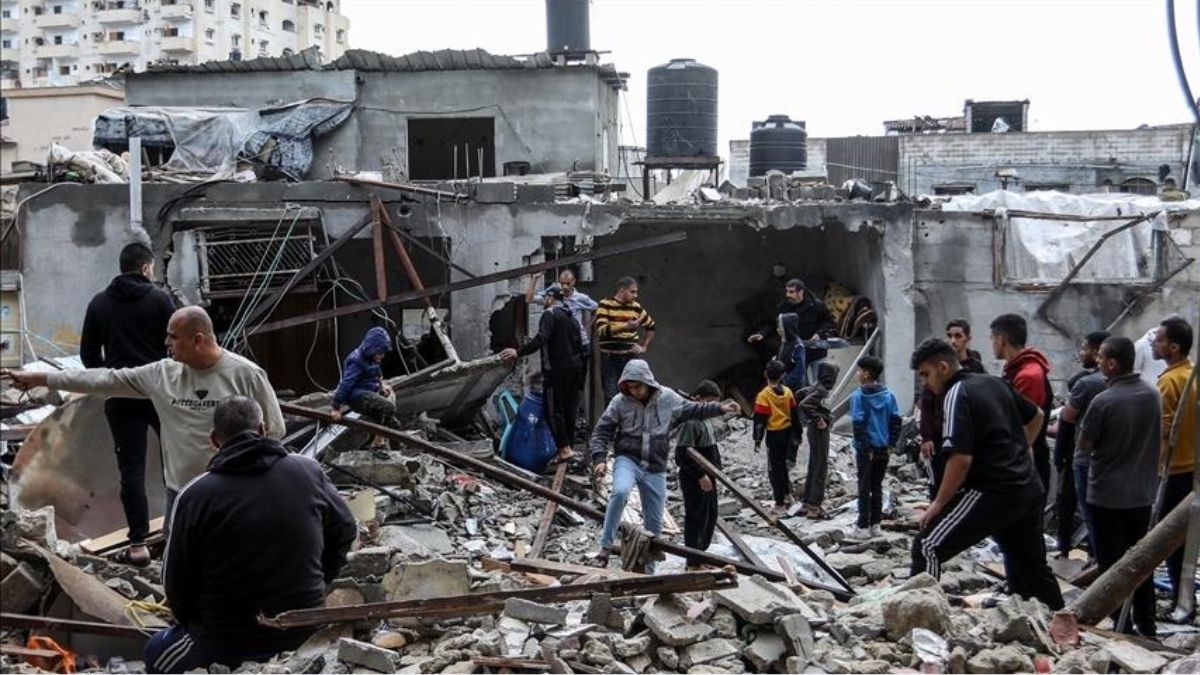
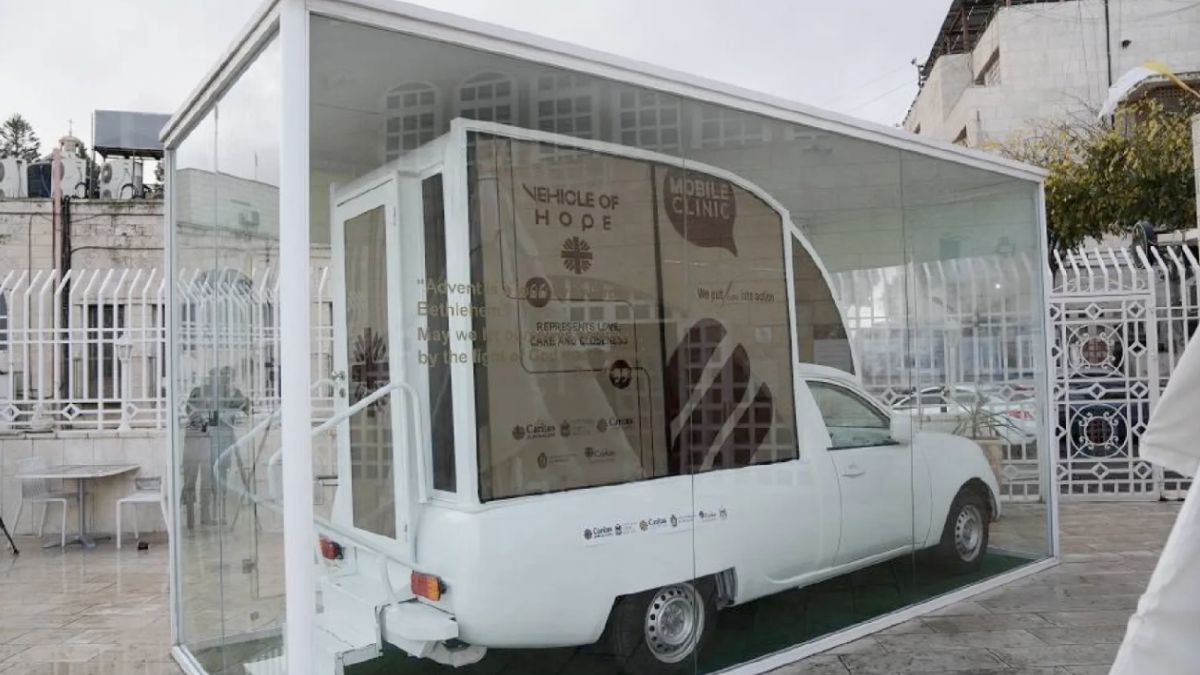
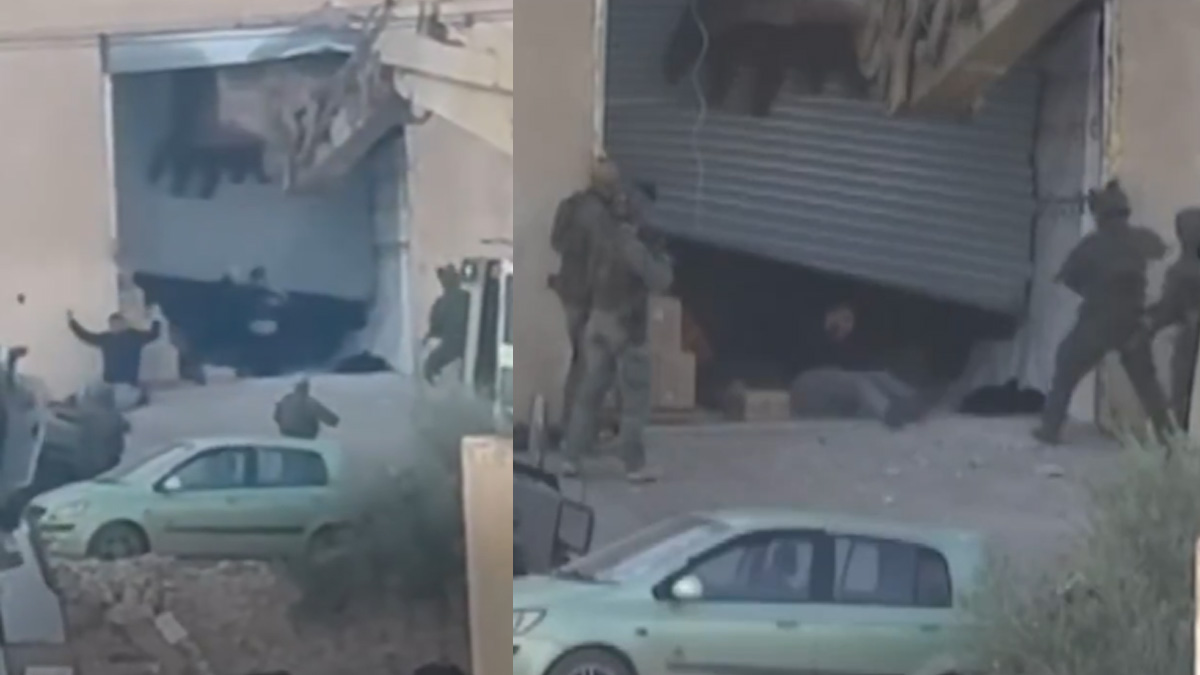

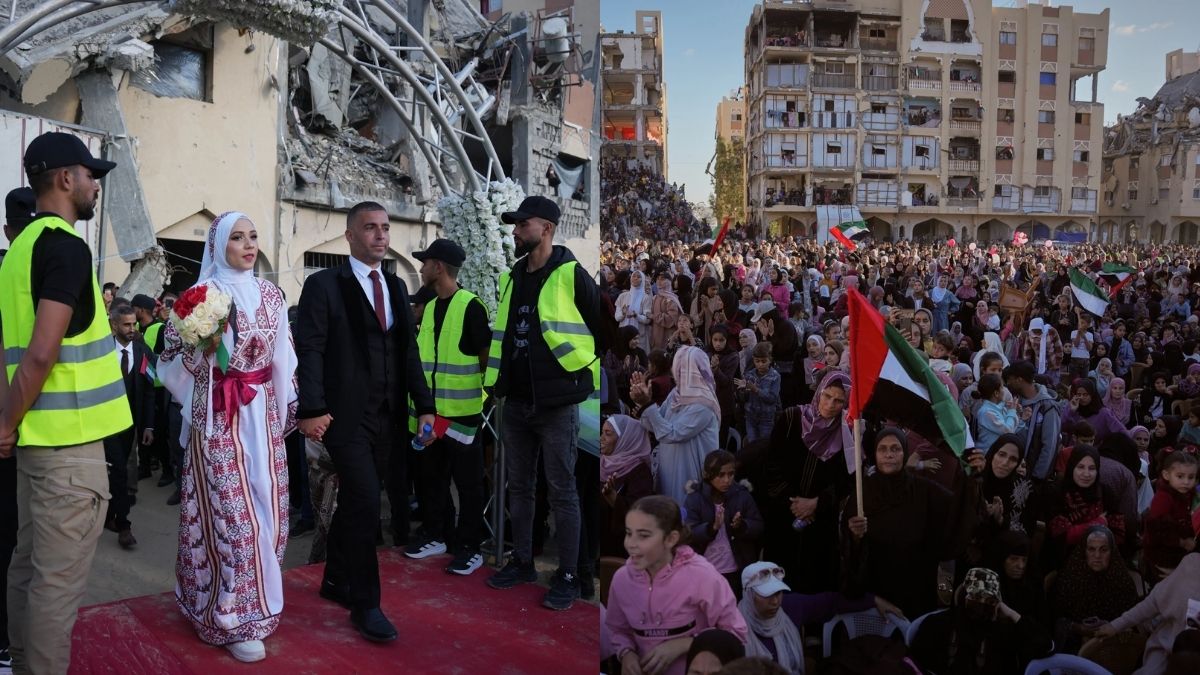
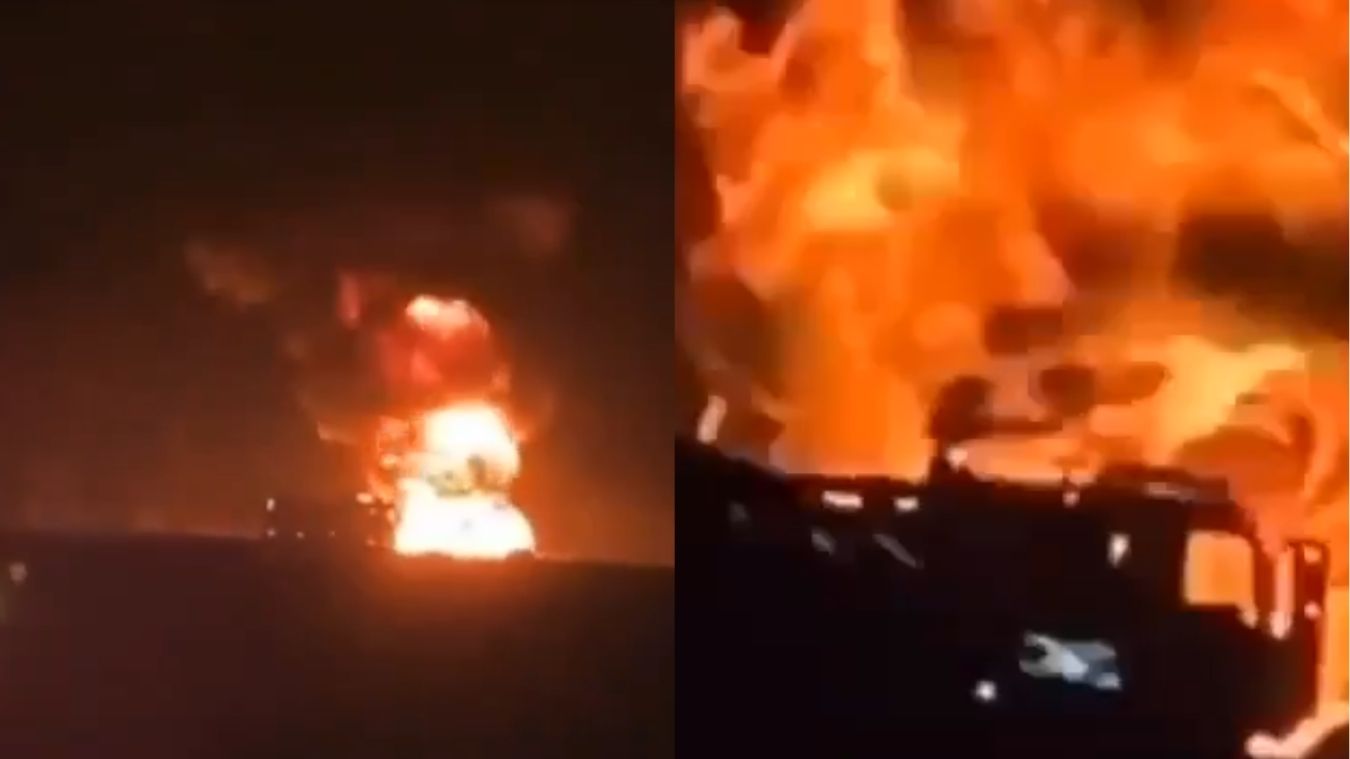
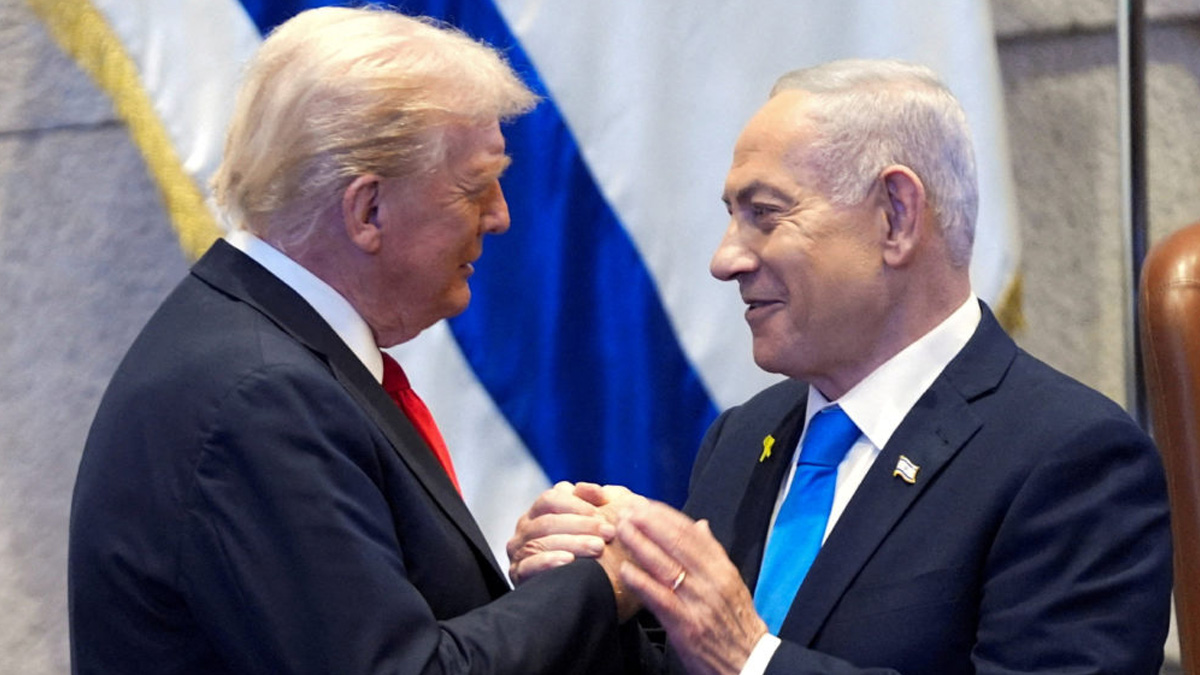
0 Comments